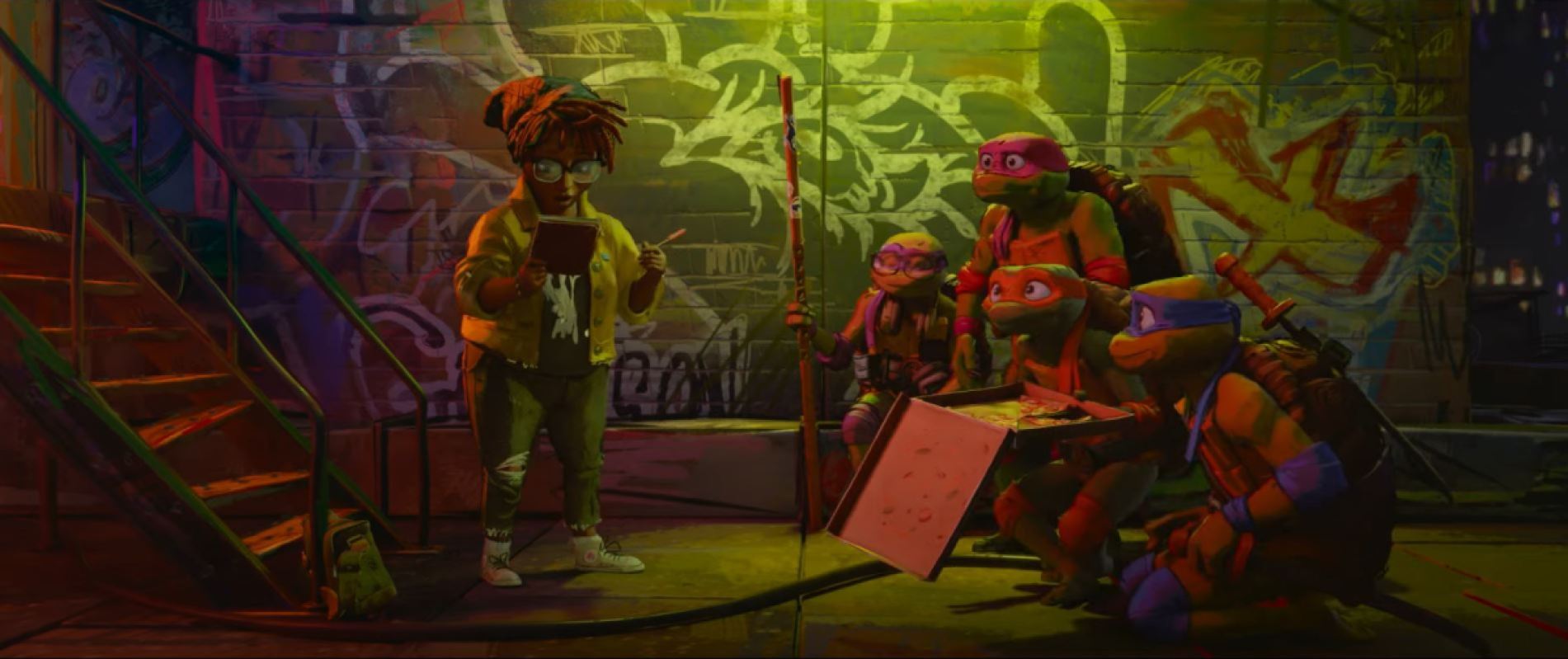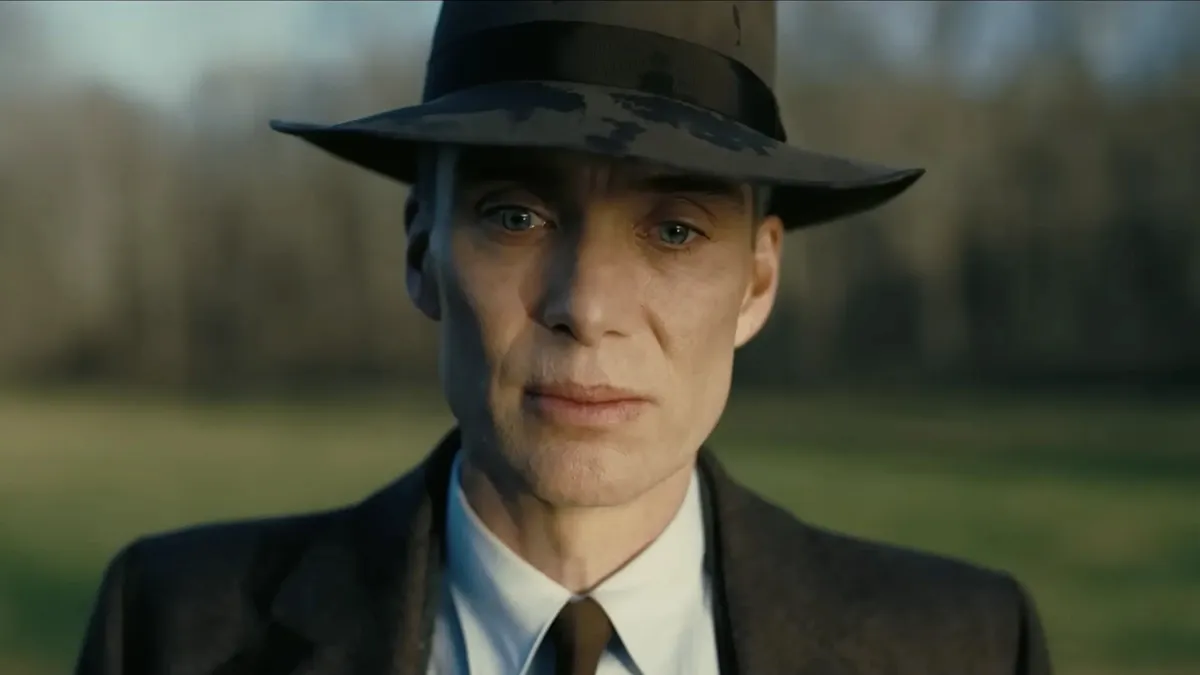On March 4, Paramount revealed the cast for the upcoming Teenage Mutant Ninja Turtles (TMNT) movie produced by Seth Rogen. While the online buzz was initially positive, Ayo Edebiri playing April O’Neil left me feeling two strong emotions. At first, this was—of course—pure joy! Since watching her amazing performance in The Bear, I’m eager to see Edebiri in more roles! Before this announcement, the only upcoming roles I knew about were The Bear season 2 and Bottoms with Rachel Sennott. This joy shrank away, however, and my heart immediately filled with dread. I knew within days or hours what was coming. Bless your heart if you think it’s only the alarmingly common accusation of so-called “blackwashing.”
When the trailer for Teenage Mutant Ninja Turtles: Mutant Mayhem rolled in two days later, it began.
The “I don’t have a racist bone in my body” types bemoaned—falsely, once again—that Black people couldn’t be natural redheads. Not so funnily enough, despite listening very carefully, I never hear this same criticism when most white, non-redhead actors play redheads. Edebiri isn’t even the first Black actress to play April. Kat Graham played April in 2020 for Rise of the TMNT. If anything, Edebiri’s version appears to have brought back the red hair.

Not that knowing this will change many minds, but the original April looked very different from the one in the 1987 show that made TMNT a household name. In the 1983 comic, she wasn’t a red-headed reporter in a yellow jumpsuit. Instead, she worked as a computer programmer (and lab assistant) with shiny, black, soul-glow hair. Between authorial intent and outside influences, it’s not clear if the April O’Neil in the original comic was Black or white. Regardless, there are clear Black cultural aspects in her creation and in TMNT altogether. Even as Hollywood has mostly cast white performers, Black and (especially) Japanese influences remain core to the story. So, in addition to race not being vital to her origin story, it makes sense to have a Black or brown April.
Fatphobia as a uniting force
The biggest “new” issue from critics is that this April is fat. Edebiri’s April is a few pixels away from looking like a Pixar Mom, but that’s not good enough for people. The shape of her body is not crucial to the story or her character, unlike big boys Bebop and Rocksteady. Her weight is as trivial as her race and hair color. Many are just fuming because they’re personally not attracted to this iteration of April.
They act as if there aren’t a half-dozen other white Aprils to watch. In many of the adult versions of the character, April has a busty hourglass figure, and that’s great for those who want that. She’s often depicted in the style of an ’80s cartoon woman model because that was the physical ideal at the time of her creation. Also, Saturday morning cartoons were essentially long ads for toy sales, and this “model” body was and is frustratingly standard in dolls and action figures.
Despite about half of the cast (including the turtles) being people of color and race-bent, the focus online remains on the unambiguously Black woman in a significant role. The overlapping hatred of Edebiri and the character is clear-cut misogynoir (sexism and anti-Blackness) and fatphobia. As a Black person online who enjoys pop culture, this reaction was unsurprising. It manifested in my initial mixed reaction to seeing Edebiri’s name. We can’t just be excited about her casting and hopefully seeing good representation.
Nevertheless, I’m still excited about this film and can’t wait to see Edebiri’s take on April O’Neil.
(featured image: Michael Rowe, Getty Images for IMDb)










Published: Mar 7, 2023 03:15 am